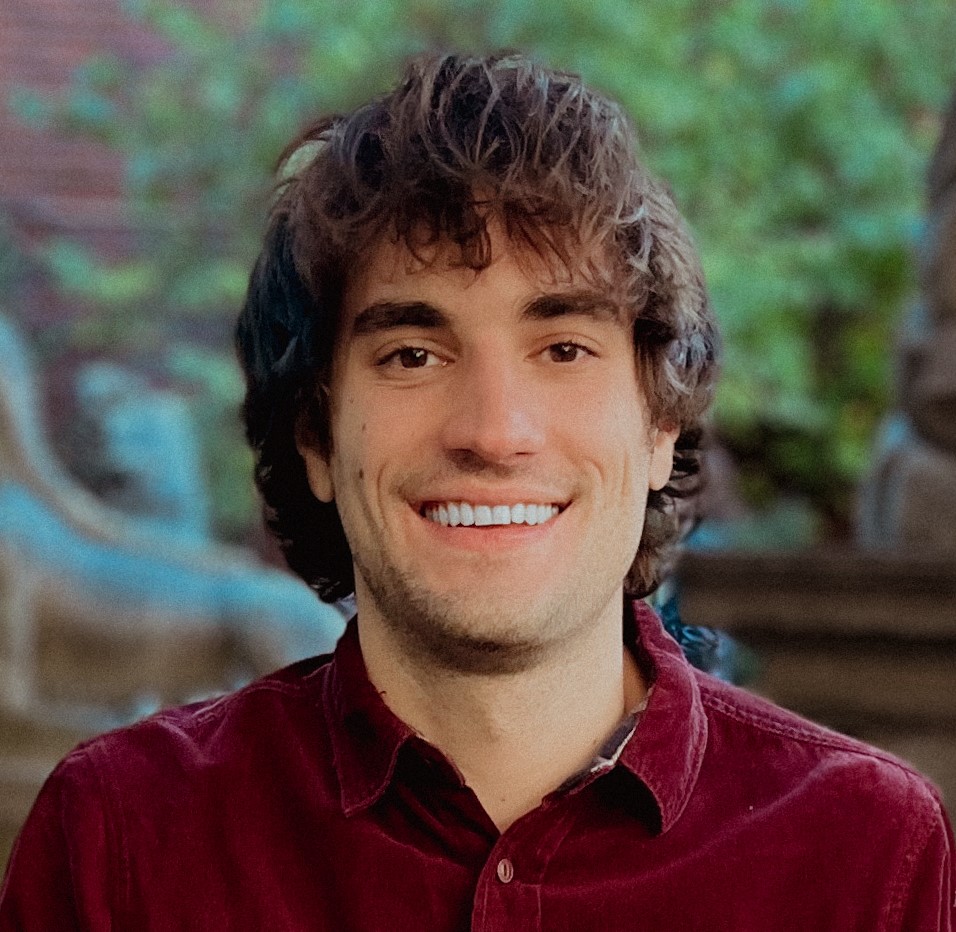Upcoming Event: Oden Institute & Dept. of Mathematics
Nicholas M. Boffi, Assistant Professor, Carnegie Mellon University
3:30 – 5PM
Thursday Jan 23, 2025
Given a stochastic differential equation, the corresponding Fokker-Planck equation is generically intractable to solve because its high dimensionality prohibits the application of standard numerical techniques. In this talk, I will exploit an analogy between the Fokker-Planck equation and diffusion-based generative models to develop an algorithm for its solution in high dimension. I will show that the method enables the computation of previously intractable quantities of interest, such as the entropy production rate of active matter systems, which measures the magnitude of nonequilibrium effects and has been of central research interest in the theoretical physics community. I will then discuss how insight from the Fokker-Planck equation has facilitated our development of a new class of generative models known as stochastic interpolants, which generalize state-of-the-art diffusion models in several key ways that can be leveraged to improve practical performance. Along the way, I will argue that methods from machine learning offer a compelling solution for many fascinating high-dimensional mathematical problems that are currently out of reach with more traditional computational tools.
Nicholas M. Boffi is an assistant professor of mathematics in the Department of Mathematical Sciences and an affiliated faculty member in the Machine Learning Department at Carnegie Mellon University. Previously, he was a Courant Instructor at the Courant Institute of Mathematical Sciences. He completed his PhD in Applied Mathematics at Harvard University, during which time he was a long-term visiting graduate student researcher at MIT and a student researcher at Google Brain. His research interests lie at the intersection of machine learning and computational mathematics, where his goal is to develop machine learning-based numerical algorithms that leverage domain-specific knowledge to solve computational problems that are currently out of reach with more traditional techniques. He has been the recipient of numerous awards, including a Cambridge Trust Fellowship, a Fulbright Research Grant, a Department of Energy Computational Science Graduate Fellowship, and an NSF Mathematical Sciences Postdoctoral Research Fellowship.
